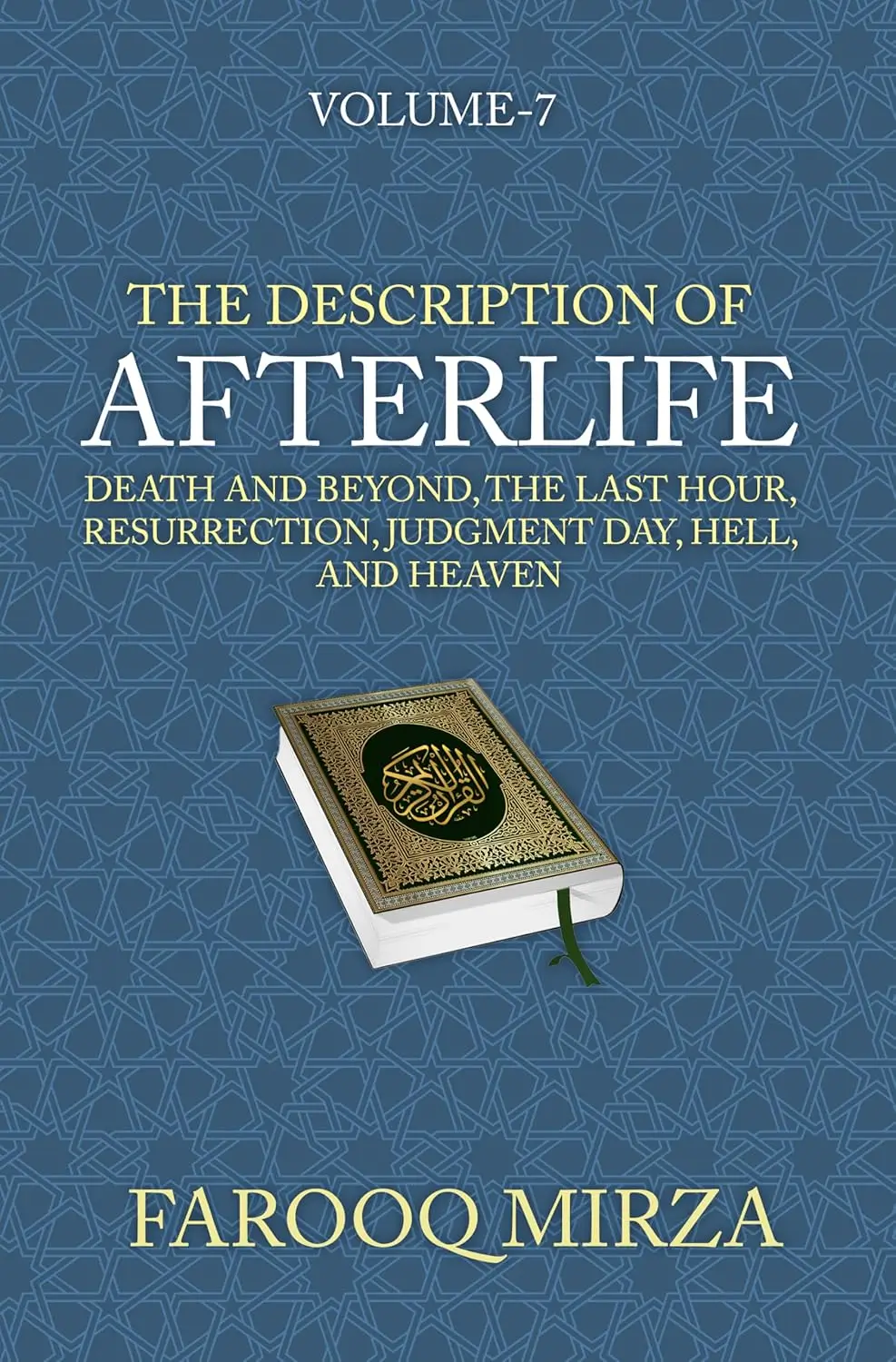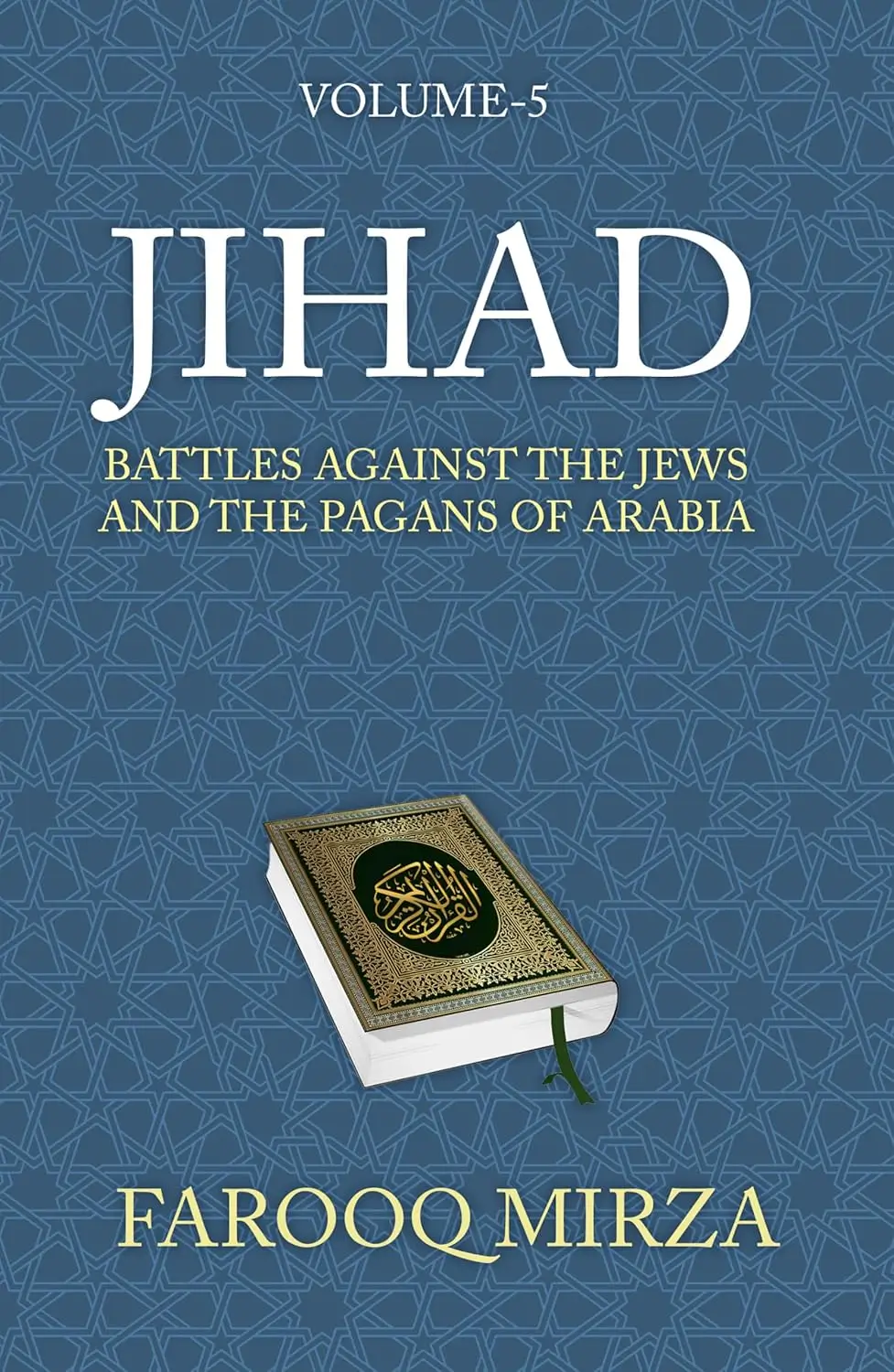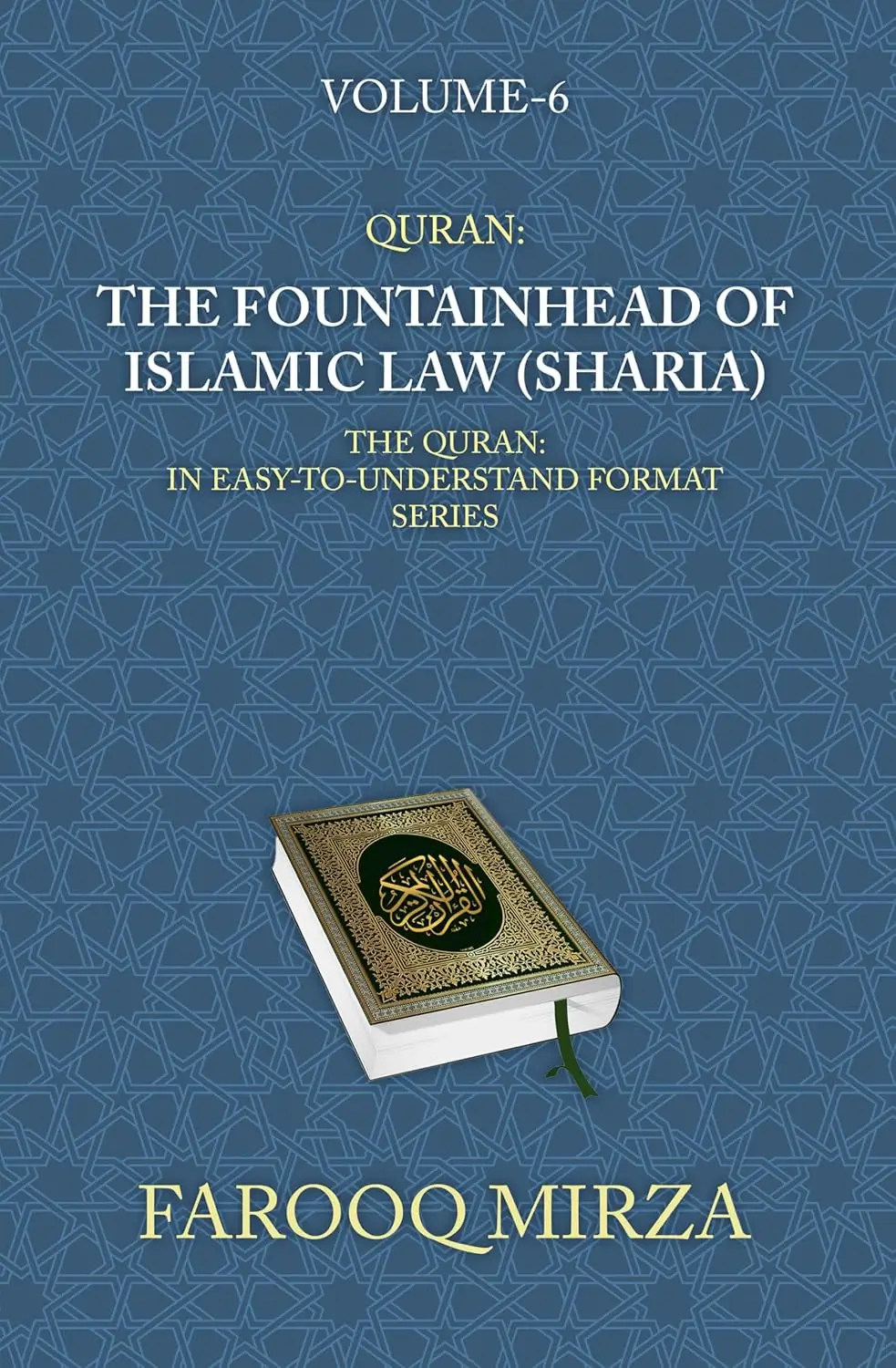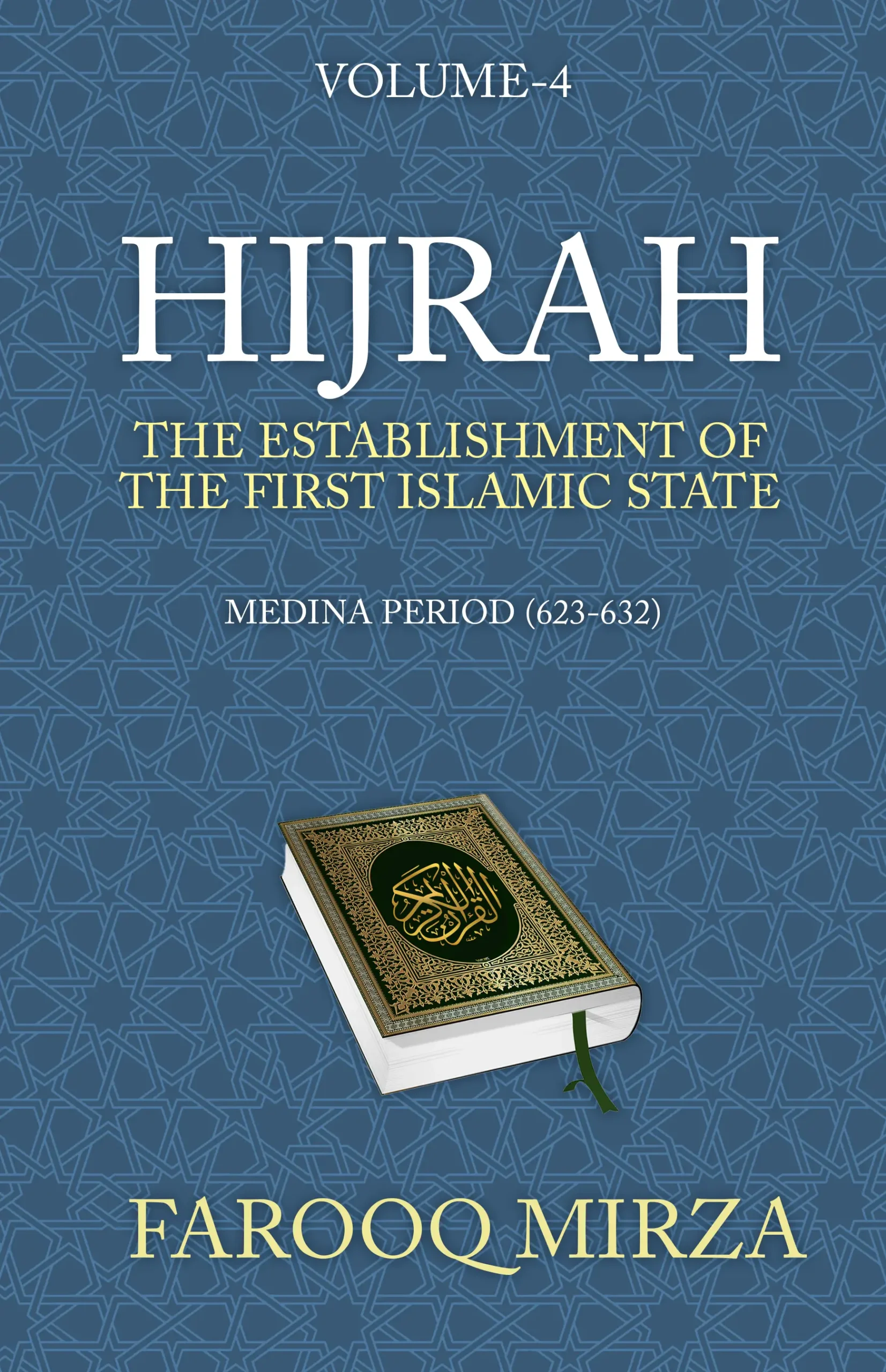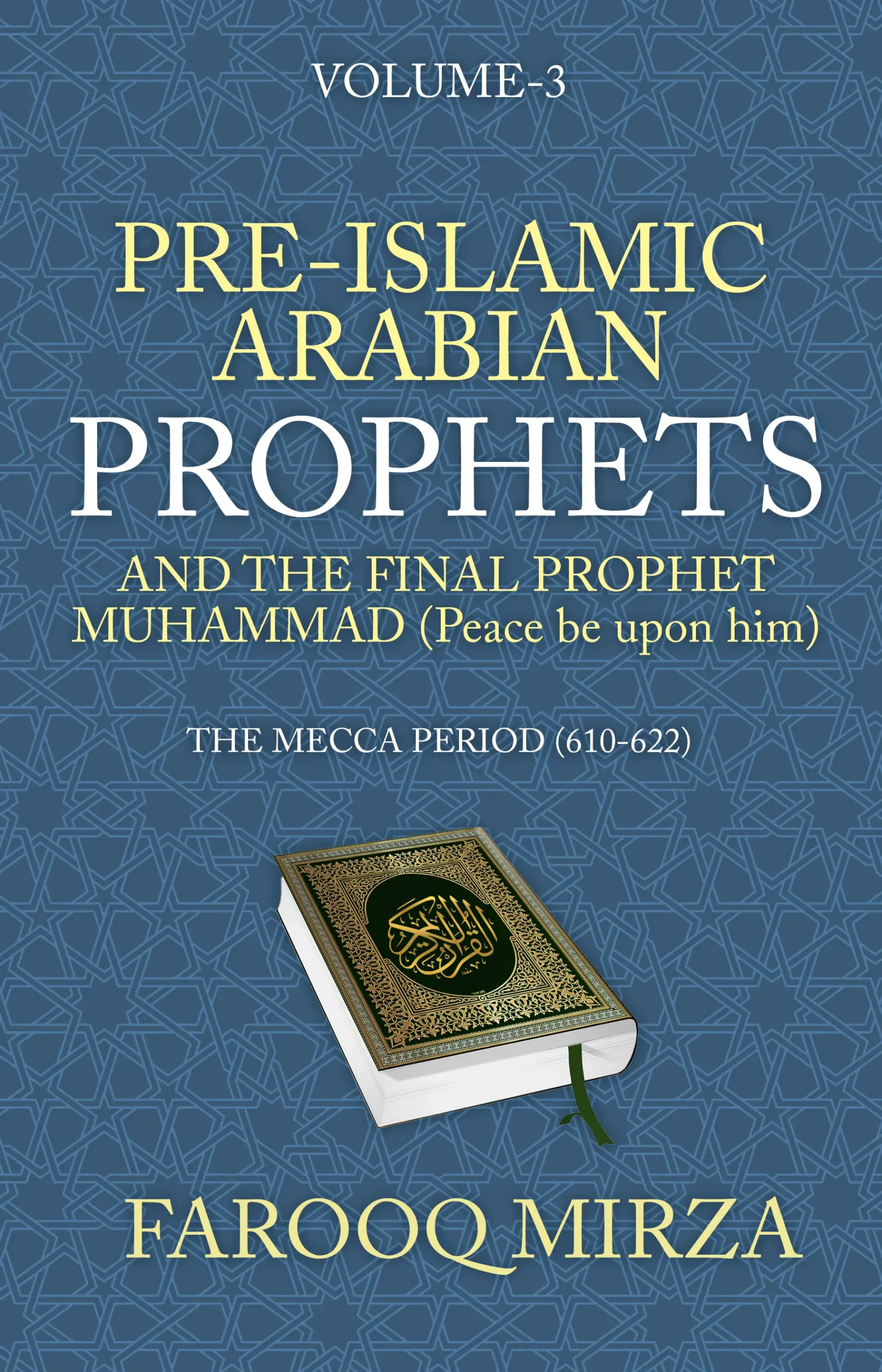The Description of Afterlife: Death and Beyond, The Last Hour, Resurrection, Judgment Day, Hell, and Heaven (The Quran: In easy-to-understand format.)
$10.99
Description
THE LOGICAL NECESSITY OF THE AFTERLIFE
PERFECT JUSTICE IN THE AFTERLIFE
God designated man as His vicegerent and bestowed the gift of free will. Man’s freedom and responsibility lead directly to Islam’s doctrine of afterlife and resurrection. For Muslims, life on earth is the seedbed of an eternal future. Each soul will be held accountable for his actions on earth and how well he observed God’s laws.
Now as for those who indulge in sinful doings—do they think that We place them, both in their life and death, on an equal footing with those who have attained faith and do righteous deeds? Bad, indeed, is their judgment. Every human being shall be recompensed for what he has earned, and none shall be wronged. (45:21-22).
It is incomprehensible that lifelong suffering is often the lot of many righteous. In contrast, wrongdoers and deniers of the truth often remain unscathed and enjoy life. The Quran solves this apparent paradox by stating that the afterlife satisfies justice and morality. If good and evil have the same end, virtue and vice become meaningless. We must assume that God either does not exist or is unjust. Injustice is incompatible with the Godhead. Alternatively, there is a hereafter in which both the righteous and the unrighteous will harvest in full what they morally sowed during their lives on earth.
Without a differentiation between right and wrong—or true and false—there would be no “inner truth” in a divinely planned creation. A true believer faces worldly tribulations and death with inner peace and tranquility. Wrongdoers and deniers of the truth may have nagging anxiety. This is a feeling that often accompanies “fear of the unknown” at the time of dying.
